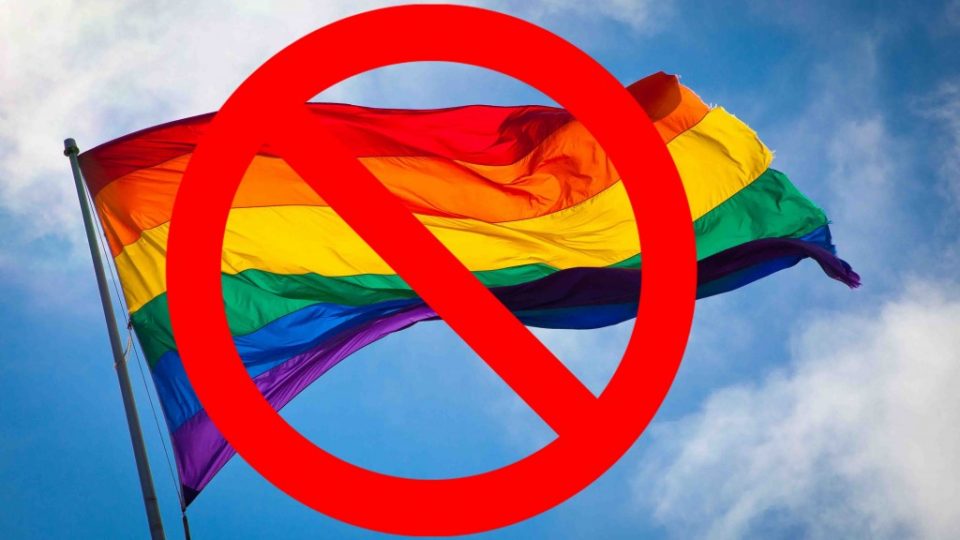Last year saw an unprecedented wave of vitriol and attacks by religious figures and politicians against members of Indonesia’s sexual minority communities, leading some to say the country was in the grips of an “LGBT panic”. Although the attacks and hateful rhetoric have fortunately died down, LGBT individuals in Indonesia still face serious discrimination in all facets of their lives and the government is still considering legislative and judicial means for outlawing homosexual activities altogether.
Activists both abroad and in Indonesia have denounced discrimination against LGBT individuals as cruel and a violation of their fundamental human rights. But their argument, steeped in morality, directly clashes with the religious and cultural reasons that many Indonesians refuse to accept sexual minorities.
To come at the problem from a different direction and illustrate the material consequences that discrimination against a minority group can have on an entire country, a group of researchers from the Williams Institute at UCLA School of Law crunched the numbers to estimate just how much of an economic impact LGBT discrimination costs Indonesia.
In their study, titled “LGBT Exclusion in Indonesia and Its Economic Effects”, the three researchers lay out their methodology for quantifying the economic impact of excluding members of the country’s sexual minorities from the mainstream.
Essentially, their analysis rests on the idea that a citizen who feels secure and accepted by their society and family are the most likely to be economically productive. Which makes sense, because if you were constantly worried about being rejected by your own parents, ostracized by your peers, or attacked by an angry mob, you probably wouldn’t be able to focus on your work very well. Similar arguments are made for why gender inequality is detrimental to economic growth.
M.V. Lee Badgett, an economist and one of the report’s authors, has conducted similar studies in other parts of the world. She was quoted in a press release accompanying the study as saying, “To reach their full economic potential, LGBT people need to develop their human capital, or their abilities, skills, and knowledge. This report shows that LGBT Indonesians are often held back from reaching that point, which prevents them from contributing fully to the economy.”
As the study notes, waria (the Indonesian term for transgender women and effeminate men) face many barriers because they violate cultural rules about gender. They are often unable to get work, stay in school, or open a bank account because the gender listed on their identification cards does not match their gender presentation.
Another factor is that LGBT people and those perceived to be LGBT report high levels of harassment in school, which may reduce their ability to attain an education and thus reduce their economic productivity later in life.
Studies of LGBT Indonesians show that most have experienced violence, resulting in increased economic burdens, while stress associated with prejudice produces higher rates of depression and suicide, impairing economic productivity.
Taking into account all of those factors, the study estimates that Indonesia could be losing up to 1.4% of their GDP to the exclusion of LGBT individuals from the economy, equivalent to 12 billion US dollars (Rp 159 trillion) per year.
The authors of the study admit that they lacked high quality, reliable data from representative samples of the Indonesian population on health, education, and employment of LGBT and non-LGBT people, but that they were able to extrapolate by drawing on the results of a similar study done on the effects on LGBT discrimination in India.
Nevertheless, it is unlikely that the results of this study will sway many of the 93% of Indonesians who say they oppose homosexuality, but perhaps it could persuade President Joko Widodo and other leaders who are trying to boost the country’s economy that preventing discrimination is not just the right thing to do for the minority group, it’s the best thing to do for the whole country.
You can read the full text of the study here.




